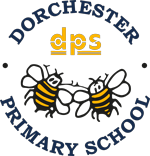“Democratically elected roles, such as house captains and school councillors, enable pupils to contribute purposefully to school life.”
“Leaders’ subject monitoring has led to a consistent and successful approach to the teaching of phonics across the early years and key stage 1.”
“Children are
taught to read as soon as they start in the early years.”
“Strong, cross-curricular links with subjects, such as science, give pupils the opportunity to apply their skills and
knowledge when making products.”
“Pupils spoke with enthusiasm about the school garden they are developing and of their plans for the fruit and vegetables they will grow.”
“In other curriculum
areas, such as design technology (DT), the curriculum is improving rapidly.”
“Leaders have ensured that pupils have plenty of opportunities
to design, make and evaluate projects using different materials.”
“Leaders have continued to prioritise the teaching of phonics and reading.”
“In the short term, leaders have placed a greater focus on subjects such as
English and mathematics.”
“Leaders have established ‘hive’ provision for pupils who need it. These well-resourced, intimate settings provide the intense support that a significant minority of pupils need.”
“Leaders ensure there is a focus on developing pupils’ mathematical vocabulary.”
“Leaders ensure that opportunities for pupils to apply their mathematical understanding are provided in the activities pupils
complete.”
“Pupils are clear about the school rules.”
“As soon as children start school, leaders check their speech and language needs so that extra help can be provided, where it is required.”
“Knowledgeable and highly trained leaders ensure that pupils get the support they need to achieve.”
“In the early years, mathematics is a high priority. Daily ‘carpet time’ is used to teach children
mathematical concepts”
“The mathematics curriculum is clearly sequenced. Teachers provide opportunities for pupils to continually revisit and review previous learning.”
“Leaders provide ‘chatterpacks’ to parents so that they have the age-appropriate resources they need to support their child’s
reading.”
“Leaders use assessment well to ensure that the books pupils read match the sounds they already know.”
“Teachers provide lots of opportunities for pupils to rehearse and say the sounds they are learning aloud, which helps them to remember them.”
“Pupils now use mathematical vocabulary with accuracy.”
“One pupil told inspectors that ‘teachers are really caring, we know if we ask for help, we will get it’.”
“In subjects such as history, teachers use assessment skilfully to find out what pupils know before they start to teach a new unit of work.”
“Leaders have created an ambitious curriculum that sets out clearly what pupils should
learn and when.”
“Pupils feel that they are being listened to and that their views help leaders to improve the school.”
“School council representatives attend School Stakeholder Group (SSG) meetings to share their views.”
“Leaders have rightly reorganised their curriculum to make up for learning that has been
lost during the COVID-19”
“The help that leaders provide for pupils with special educational needs and/or disabilities (SEND) is a strength of the school.”

